-
+86-371-86159555
Corn, also known as maize, is a grain that can be processed in various ways. For a small processing plant, one option could be to focus on producing different grades of cornmeal for various applications. For example, there could be options for fine cornmeal suitable for baking delicate pastries and coarser cornmeal for making traditional dishes. Another option might be to explore value-added products. This could involve adding flavors or ingredients to the cornmeal to create unique blends. For instance, a small plant could experiment with adding spices or herbs to create specialty cornmeal mixes.
Small cornmeal processing plants could also consider targeting specific markets. For example, they could supply to local bakeries, restaurants, or grocery stores. By building relationships with local businesses, the plant can ensure a steady demand for its products.
Moreover, in terms of technology and equipment, there are options to choose from. The plant could invest in small-scale but efficient machinery that is suitable for its production capacity. This could include grinders, sifters, and packaging equipment.
In conclusion, a small cornmeal processing plant has several options to explore. From product diversification to market targeting and equipment selection, there are various avenues that can be pursued to make the business successful. By carefully considering these options and making strategic decisions, the plant can carve out a niche in the market and contribute to the local economy. (Related knowledges: How do I start a corn mill?)
In a small cornmeal processing plant, product diversification can be a crucial strategy for growth and sustainability. Product diversification refers to expanding the range of products offered by the processing plant. This could involve producing different varieties of cornmeal, such as fine, medium, and coarse textures. For example, a plant might offer cornmeal specifically designed for baking bread, making polenta, or as a coating for fried foods. Additionally, the plant could explore value-added products. This might include flavored cornmeal mixes, like garlic and herb or sweet cinnamon varieties. Another option could be to produce corn-based snacks, such as corn chips or popcorn made from the processed cornmeal. By diversifying products, the small plant can appeal to a wider range of customers and markets. It can also help to reduce the risk associated with relying on a single product. For instance, if demand for one type of cornmeal drops, the plant can rely on sales of other products to maintain its operations. Moreover, product diversification can open up new distribution channels. For example, specialty food stores might be interested in unique flavored cornmeal mixes, while grocery chains could carry the basic cornmeal varieties and snacks. This can lead to increased revenue and profitability for the small cornmeal processing plant. (30 TPD Maize milling plant installed in Uganda)
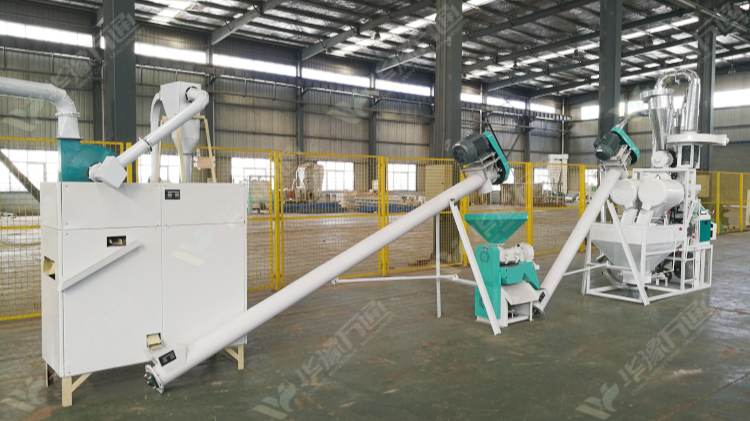
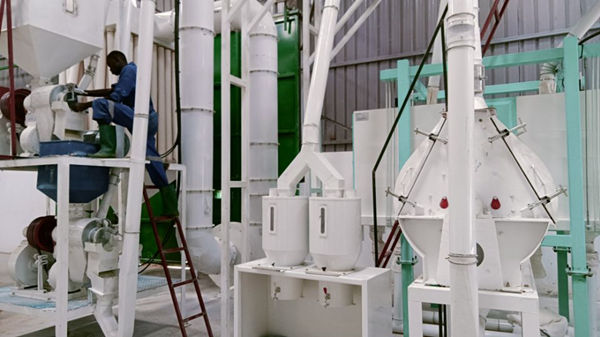
5tpd and 30tpd complete maize cornmeal processing plant 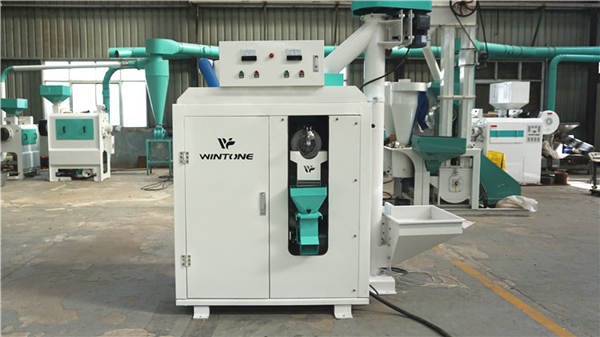
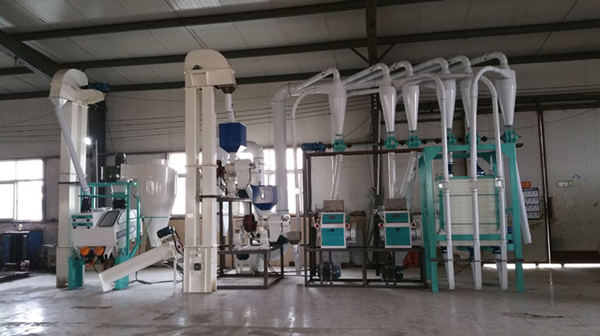
500kg/h and 10ton per day small cornmeal processing plant
A small cornmeal processing plant can target specific markets to increase its chances of success. One potential market is the health-conscious consumer segment. With the growing awareness of healthy eating, there is a demand for whole grain and natural products. The plant can market its cornmeal as a nutritious alternative to refined flours, highlighting its high fiber content and potential health benefits. Another target market could be the ethnic food market. Cornmeal is a staple in many cuisines around the world, such as Mexican, Italian, and Southern American. The plant can develop products tailored to these specific cuisines, such as corn tortillas for the Mexican market or polenta for the Italian market. The plant could also target the local and regional markets. By focusing on supplying local grocery stores, farmers' markets, and restaurants, the plant can build a loyal customer base and reduce transportation costs. Additionally, the plant can collaborate with local farmers to source fresh and high-quality corn, which can enhance the quality of its products and support the local economy. Another option is to target the organic food market. Consumers who are concerned about the environment and their health are often willing to pay a premium for organic products. The plant can obtain organic certification and market its cornmeal as an organic and sustainable option. This can attract a niche market of consumers who are looking for environmentally friendly and healthy food choices.
For a small cornmeal processing plant, there are several technology and equipment options available. One important piece of equipment is a corn milling machine. There are different types of milling machines, such as hammer mills, roller mills, and stone mills. Each type has its own advantages and disadvantages. Hammer mills are suitable for coarse grinding and can handle large volumes of corn. Roller mills produce a finer texture and are more energy-efficient. Stone mills are known for producing high-quality cornmeal with a traditional flavor. The plant can choose the type of milling machine based on its production requirements and budget. Another technology option is automated packaging equipment. This can improve efficiency and ensure consistent packaging quality. Automated packaging machines can handle different sizes and types of packaging, such as bags, boxes, and jars. In addition to milling and packaging equipment, the plant may also need other accessories, such as conveyors, sieves, and storage bins. These accessories can help to streamline the production process and ensure the smooth flow of materials. When choosing technology and equipment, the small cornmeal processing plant should consider factors such as cost, reliability, ease of operation, and maintenance requirements. It can also consult with industry experts and equipment suppliers to determine the best options for its specific needs. (Should a hammer mill or a disc mill be used to process maize flour?)
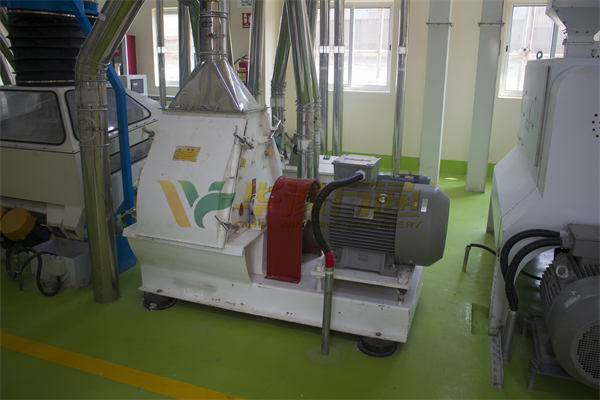
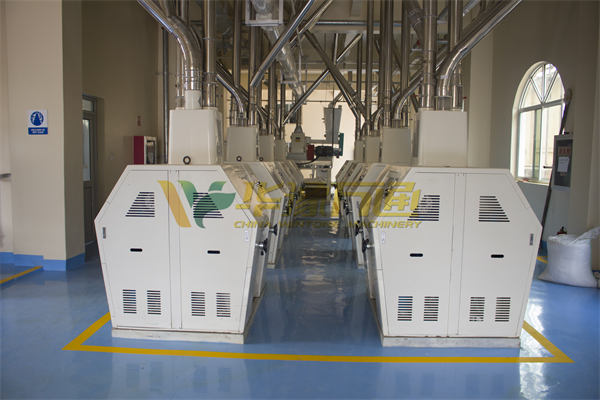
CORN HAMMER MILLS AND ROLLER MILLS
In conclusion, a small cornmeal processing plant has several options to enhance its operations and competitiveness. Product diversification can expand the plant's customer base and reduce risk. Targeting specific markets can help the plant focus its marketing efforts and meet the unique needs of different consumers. And choosing the right technology and equipment can improve production efficiency and quality. By considering these options and making strategic decisions, the small cornmeal processing plant can thrive in the market.
+86-371-86159555
86635803
No. 57 Science Avenue
Zhengzhou, Henan, China
7*24 hours
Human services